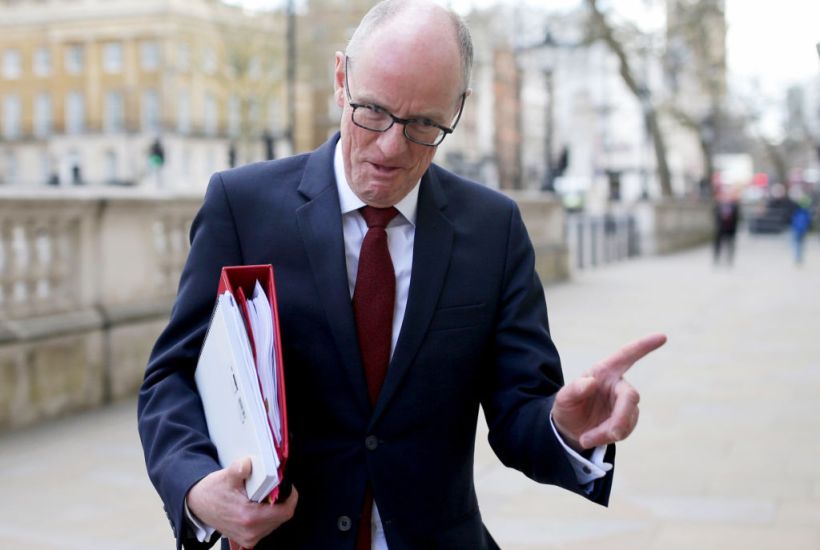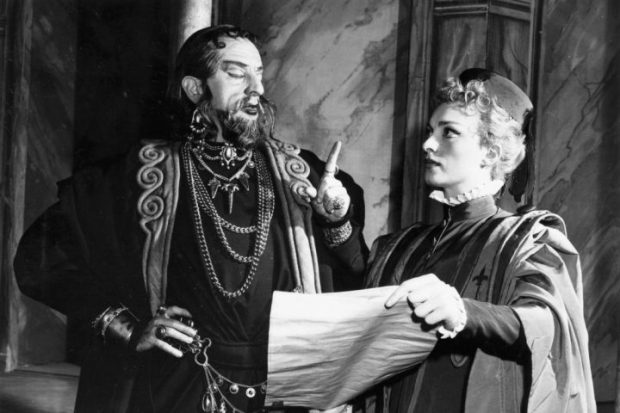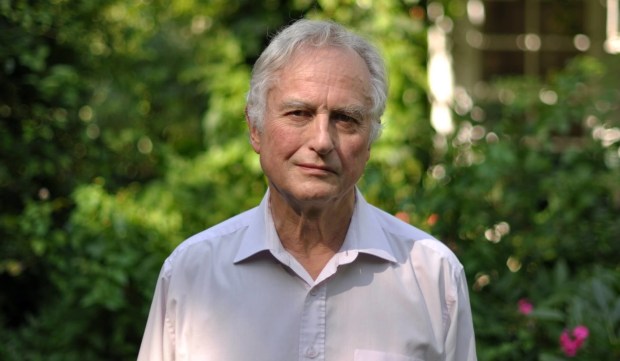In 1983, Daniel Patrick Moynihan, a great American sociologist and politician, wrote: ‘Everyone is entitled to his own opinion, but not his own facts.’ Then the internet happened.
Anyone who has spent five minutes online, especially on a social media site, is aware that everyone now has their own facts, carefully chosen to support whatever argument or narrative they favour. Any contested issue that’s debated online (i.e. all of them) sees people on different sides of the argument adduce statistics, quotations and any other material helpful to their cause.
Take this stuff far enough and you get people prioritising subjective experience above objective fact. Oprah Winfrey captured the subjective, hyper-individual spirit of the age when she asked Meghan, Duchess of Sussex about ‘your truth’. (”How do you feel about the palace hearing you speak your truth today?’)
This isn’t a good thing. I know I’m an old-fashioned MSM gatekeeper of knowledge and narrative, but I think the concept of objective facts is worth keeping; one truth, not many.
I also think a democratic society needs some common ground, shared territory that includes facts.
So I was cheered this week to hear a speech by Nick Gibb, the schools minister. I’m biased because he was speaking at my think-tank, the Social Market Foundation, but I think that speech deserves some attention.
Gibb came to the SMF to talk about the importance of knowledge in education, part of a decade-long debate about teaching that was largely started by Michael Gove in the early Coalition years. Gibb was an education minister alongside Gove and has been in his current job for nine of the last 11 years, often making the case for teaching knowledge rather than skills in schools.
That broad case may be familiar in education circles where ‘knowledge vs skills’ is a longstanding pedagogical row.
But I think Gibb produced an interesting argument for how his preferred knowledge-based approach could deliver benefits beyond the classroom and workplace. Put simply, he thinks we need to teach kids a common core of facts and knowledge to stop society splintering.
‘Ensuring young people are equipped with knowledge is ever more important with the rise of social media, where false narratives, based on fake news, are drawing people in – especially the young – with the starkness of their message and the simplicity of their solutions.
‘Online there is no simple reservoir of facts that children can access and know to be true. So much is nuanced around creating a narrative argument that suits an agenda.’
‘We have a responsibility to make sure that young people are able to tell the difference between truths and falsehoods, and that the driving force of the Enlightenment – the commitment to reason and the pursuit of truth in the face of religious dogma and political bigotry – remains central to human progress in the 21st century.’
The area where the notion of shared knowledge gets most contentious is history, and Gibb committed a minor bit of news when he suggested that ministers are open to developing a ‘model history curriculum’ for schools. That could be based on a model curriculum for music introduced earlier this year.
Now, whenever anyone talks about a canon of common knowledge and ideas, it immediately raises a question: who decides what’s in the canon? Some people sharpen that question: isn’t this stuff just old-fashioned cultural imperialism, which leads to kids being told that the only important ideas and works are those of dead white European men?
That can, in turn, lead to noisy, fruitless rows about ‘woke’ teaching, nationalistic flag-waving and various American concepts that have little or no relevance in the UK. (Honestly, if you think critical race theory is a big issue in British public life, you need to spend less time on the internet.)
I am not a culture warrior, and I suspect most people aren’t either. I think most people see political-media rows about identity politics, critical race theory and ‘wokeness’ as being largely irrelevant to their lives. Multiple polls show most people don’t even know what ‘woke’ means, which is a good reason for journalism to avoid the term, especially in headlines..
But I do worry that the more politicians (and journalists) bang on about culture wars and wokeness, the greater the chances that these issues gain salience. Even in the online age, politicians can help make the weather.
And there are short-term rewards for politicians who want to wage cultural war. In the context of Gibb’s speech, the easy thing for him to do would be to say something to the effect of ‘we should be teaching kids about our shared history, which means the glory of empire and how great Britain is’. Then sit back and enjoy the approving headlines on the Right and the angry ones on the left.
The speech did, in fact, generate some headlines of that sort, leading on the fact that Gibb defended teaching children about the work of those ‘dead white men’. And though it pains me to quibble with old colleagues generating eye-catching headlines, I’m not sure some of that coverage does Gibb justice.
Because he didn’t simply deliver a speech saying ‘no to decolonising the curriculum – everything is fine as it is’. In the discussion that followed the speech, he made clear he thinks the core knowledge children should have about Britain and its history should include successes and failures, good and bad. That could include precisely the content that advocates of ‘decolonising’ teaching – some of whom were in the audience – want to see.
Asked if schools should be doing more to teach black history, Gibb effectively said: no and yes.
No, black history should not be treated as distinct element of teaching, since all children should be taught the same things. Yes, the facts and arguments covered in a good black history course should be part of general history teaching.
He said:
‘Of course, children need to know how Britain became Britain as it is today. And there are important events – Windrush just to pick one event – that children do need to be taught about. But they also need to be taught about all the other events that led to Britain as it is today.’
He also said, more than once, that ‘core knowledge’ of history should not be confined to Britain and British voices: children should be taught more about the history of Africa, among other places. Having chaired the speech and question session, I came away with the clear impression that Gibb thinks that children should be taught about ‘dead white men’ and women, and about dead black men and women too, as well as dead people of all other types.
Should children be taught that Britain’s history is glorious or shameful? That’s the sort of simple binary that goes down a storm online: take either position and – dismally – you’re guaranteed clicks and headlines.
So I think more attention should be paid when people in public office refuse to play that game.
Gibb’s tacit answer to that question:
‘We cannot rewrite our history or undo our past mistakes. We should be honest and tell the full and true story of who we are and what, as a country, we have done; right and wrong. And, by doing so, we can build a broad and accepted understanding of the country and create a common sense of belonging and shared history.’
Generally when someone poses a question and claims there are only two answers, the correct response is the third one: actually it’s more complicated than that. That’s rarely an easy answer for a politician to give, especially in the current climate, which is why I think Nick Gibb’s speech deserves attention, and praise. <//>
Got something to add? Join the discussion and comment below.
Get 10 issues for just $10
Subscribe to The Spectator Australia today for the next 10 magazine issues, plus full online access, for just $10.



















Comments
Don't miss out
Join the conversation with other Spectator Australia readers. Subscribe to leave a comment.
SUBSCRIBEAlready a subscriber? Log in